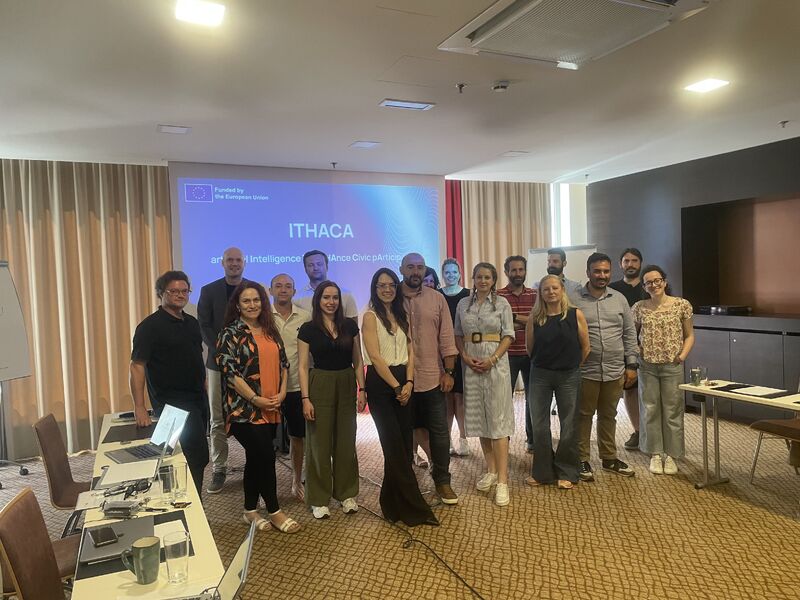The project “ToCoReRaM – TOol for COmplete REcovery of RAw Materials”, funded by ZUG gGmbh and EURENI, started on November 1st, 2024 and will last 21 months.
The project aims to redesign the Product Development Process to prioritize the recovery of raw materials from end-of-life products. A tool will be developed to help SMEs meet Green Deal requirements by enhancing sustainability, enabling lifecycle analysis, and defining recycling pathways and value chains optimized for recovery.
On December 12 and 13, 2024, the Kick-Off-Meeting for the project will take place at the University of Graz. Project partners from Ostfalia – Hochschule Braunschweig/Wolfenbüttel, Germany, and from the Atlantic Technological University in Galway, Ireland, will come to Graz to discuss the first steps of the project.
